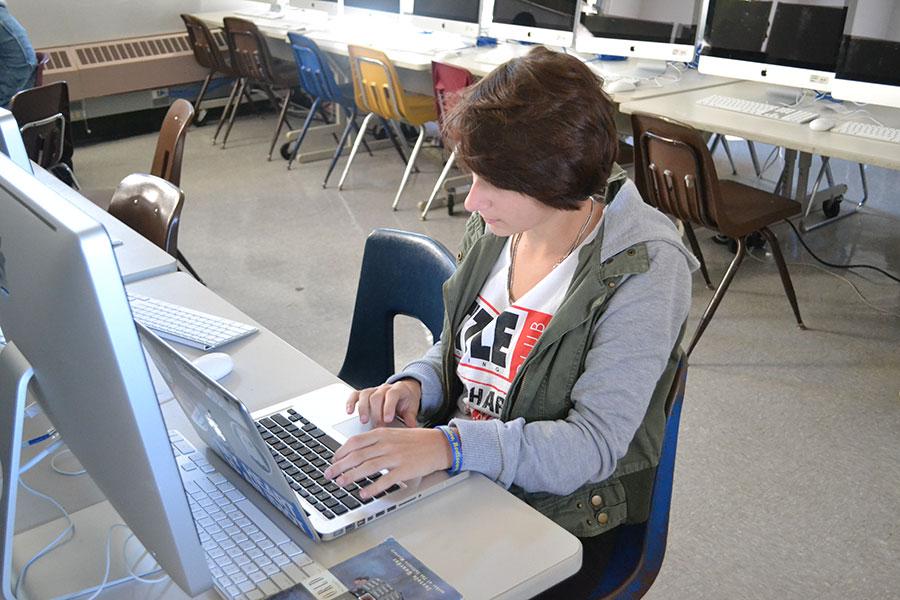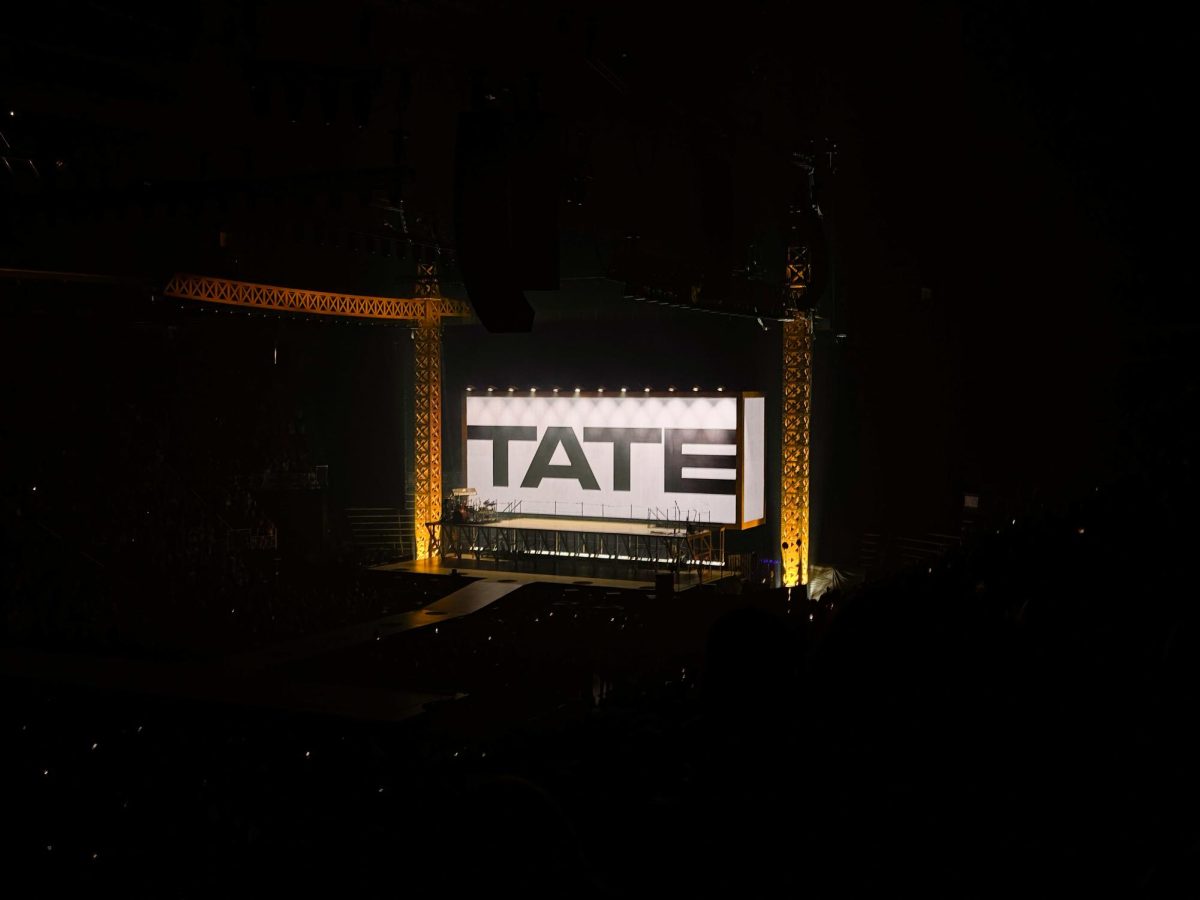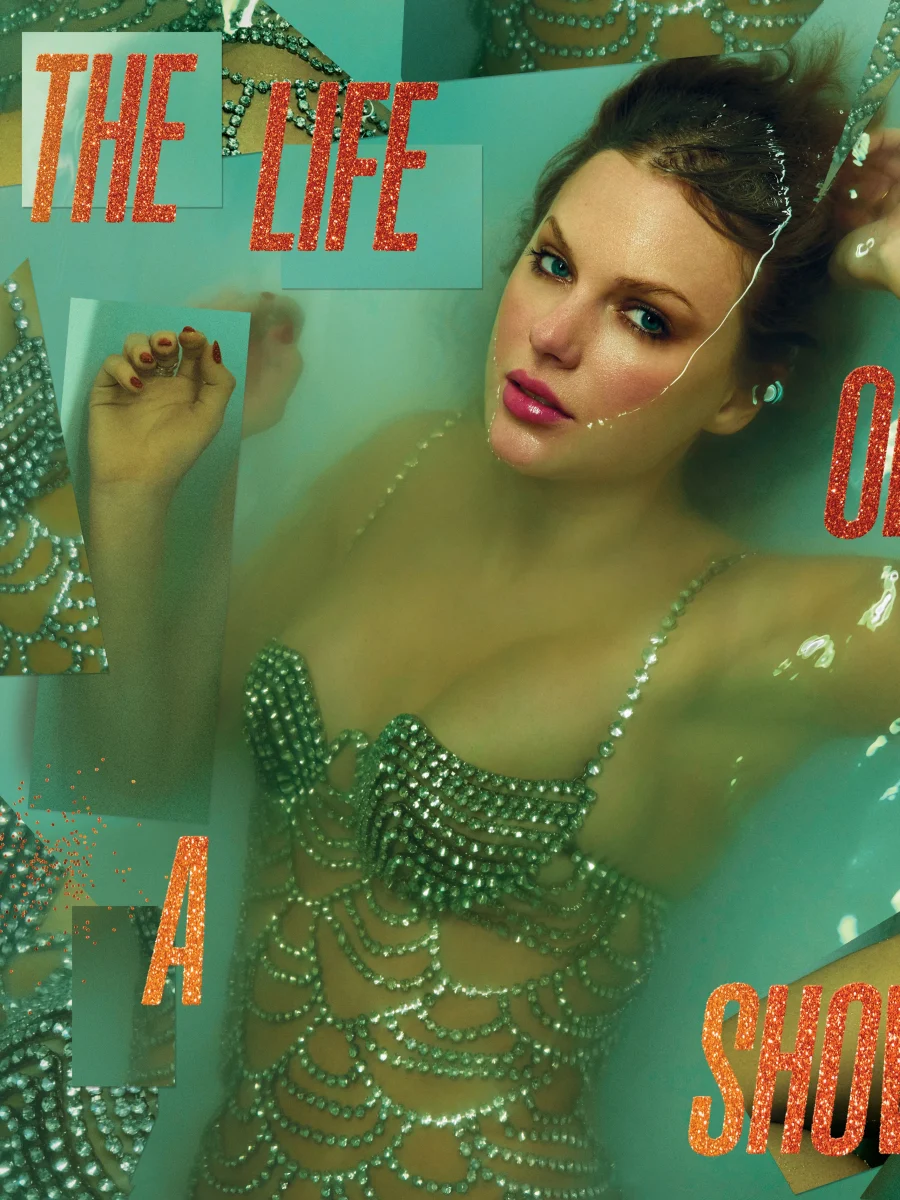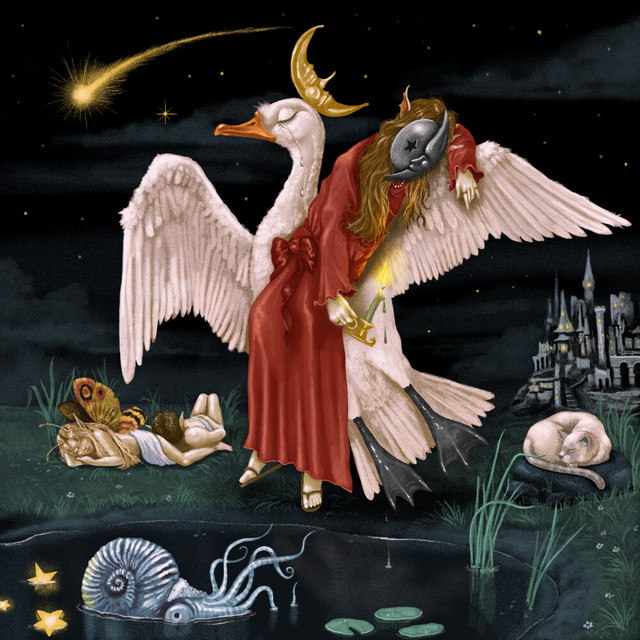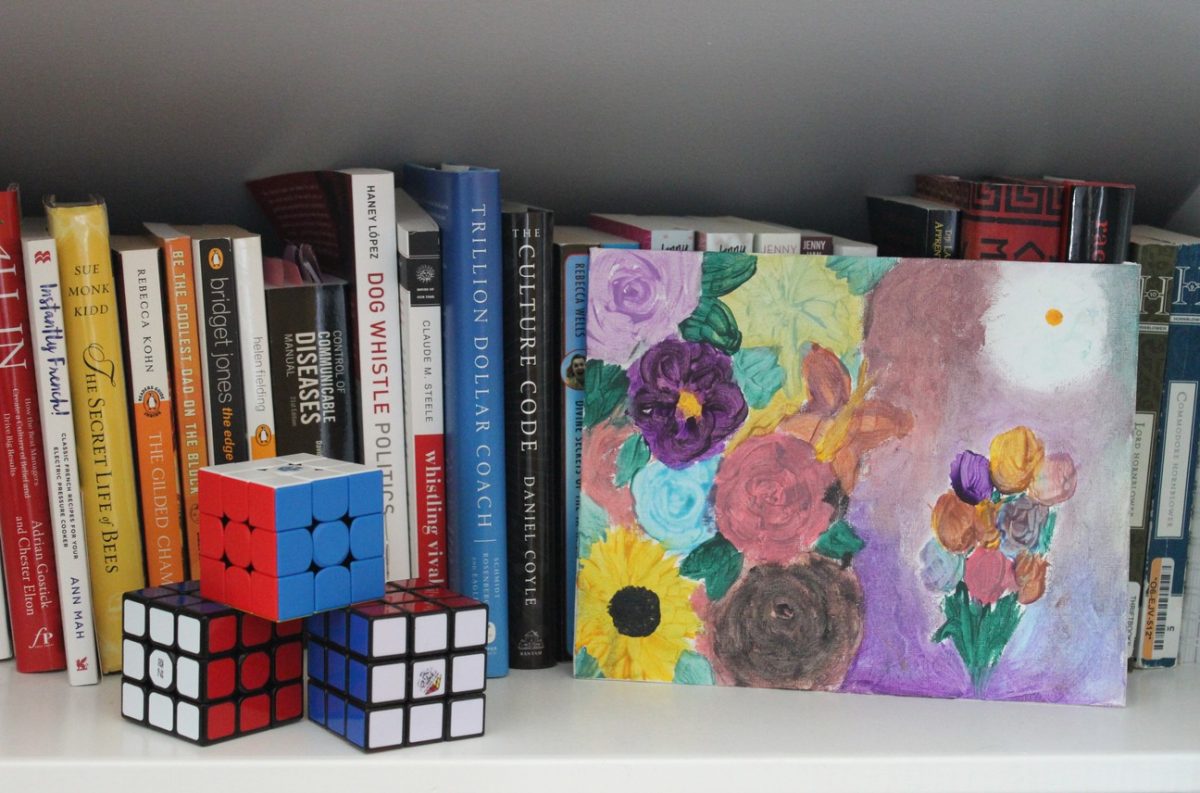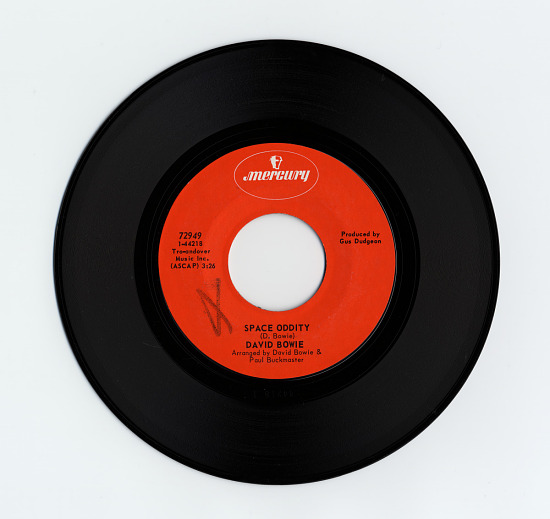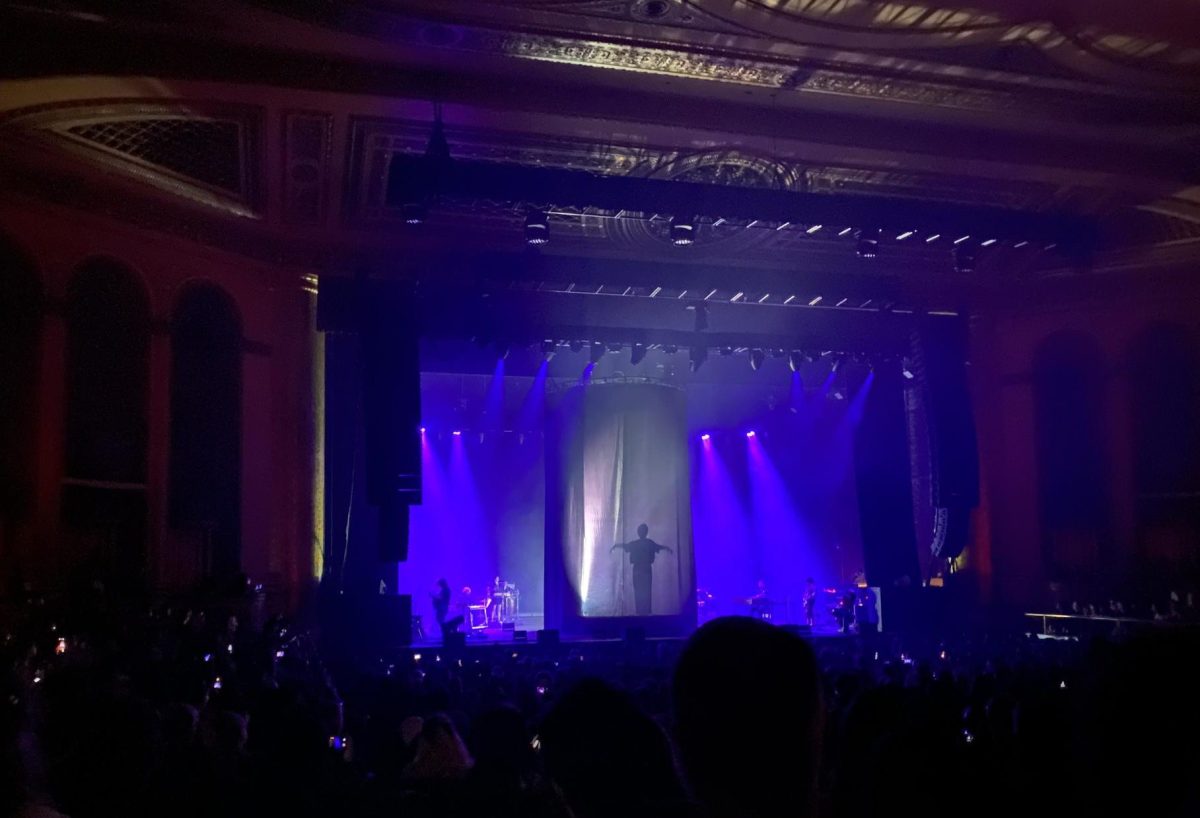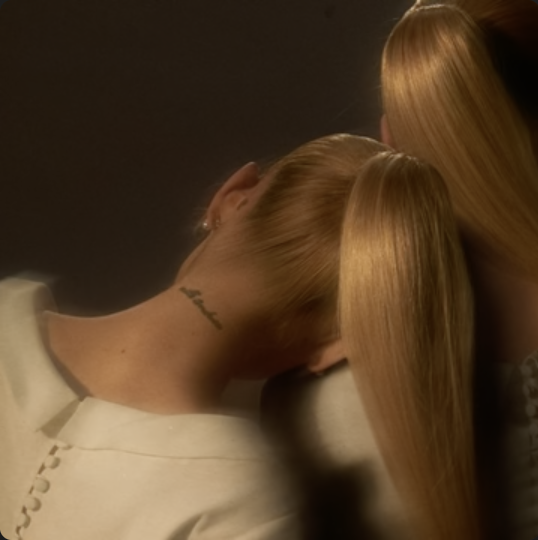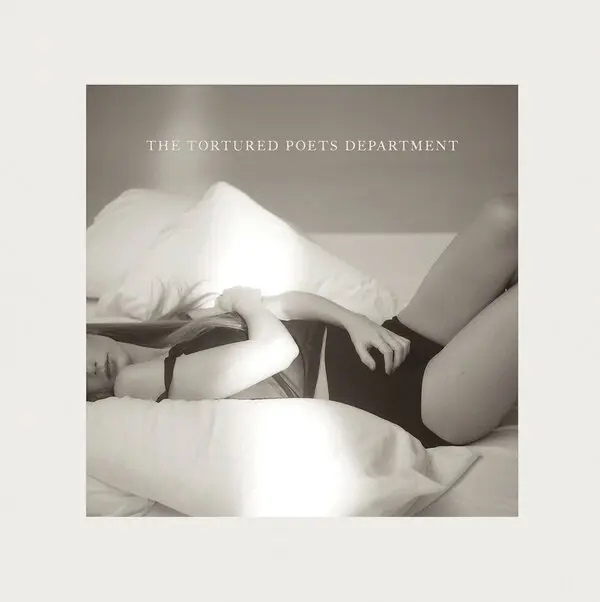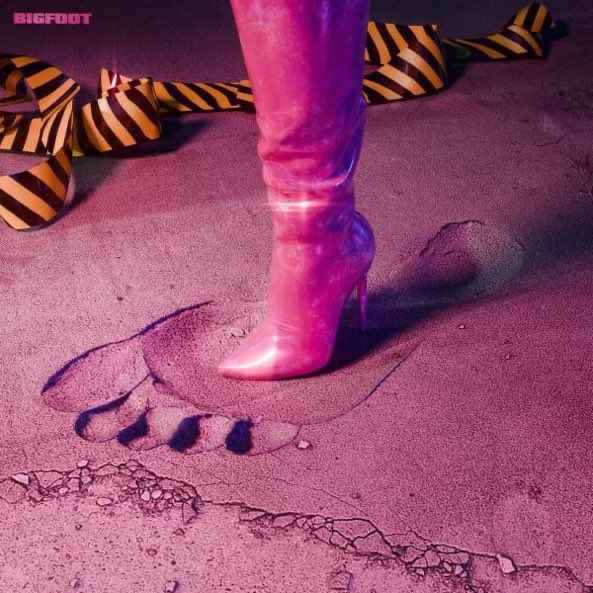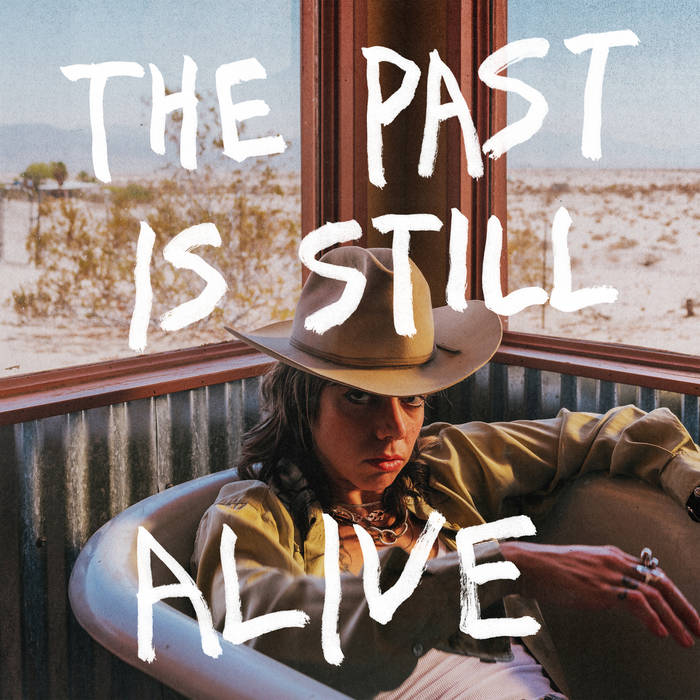Take a look at the music on your computer. Now look closer, and think about how many of those songs you actually paid for. All? One third? None? Think about the artist who can barely pay her bills, yet all of your friends own her album. Think of the lyrical genius who spent all his tip money to record an album that can be downloaded from Youtube, Mediafire or a multitude of other sites for free. In this day and age, piracy is rampant, whether it’s sharing CDs with friends or finding links online and downloading music straight from the internet.
High-schoolers are primary offenders of music piracy. Many Community High School students admitted to illegally downloading or sharing music in some way. Students will buy CDs and share them with friends, meaning the artist only makes a portion of the money they should be making from that album. Websites like Megashare, hulkshare, even Limewire allows people to put music they purchased online for free. Other sites let you download the audio, or even video, from youtube videos, which is stealing from the artist as well as the person who bought the music and posted it. Today, some artists release their music for free, in the form of mixtapes. This gives them exposure, and thus more people will want to buy their albums. In an interview with the New York Times, the rap group Das Racist talked about how they make more money off shows.
“Touring. Most people are making their money on touring, merchandise and licensing.”
This means that artists almost expect some people to download their music illegally, so they make it free anyways. Still, people take this to mean all their music should be free. In a study cited by the Huffington Post, more than half of the music owned by 18-29 year olds was downloaded freely or taken from friends.
This rise in stealing music is caused by the mentality of the people who download it. When asked about downloading friend’s CDs, many students said they felt that it wasn’t a crime.
“I don’t really feel they [the artists] are affected.” Said an anonymous source. “I mean, one of us bought the songs.”
Many of the kids who download music without paying for it realize it is a crime, but just don’t think about the artist. They assume the artist is a millionaire, and their measly $1.29 won’t make a difference.
“They get millions and millions of dollars, like sorry you couldn’t get $1.29 from me.” Said an anonymous sophomore.
Even if the artist is independent, teens still think it’s okay to illegally download their music, simply because it isn’t found on a mainstream source like iTunes or Spotify. One mentality teens have is just pure laziness. A Community junior, who preferred to remain anonymous, said that downloading CDs onto his computer was just borrowing. Unfortunately, that music stays on his computer, and the line between borrowing and ownership is crossed. He also said he thinks that people, himself included, borrow CDs just for one song, if they don’t want the whole album. It doesn’t matter what percentage of the music you take; if you don’t pay for it, it shouldn’t be yours.
The consenting opinion among students appeared to be that illegally downloading music wasn’t a crime, and if it was, it was just a minor one. People see it as the norm to take any music they want, regardless of price. One student thought that music was too overpriced, saying if his friend paid $1.29 for a song, and they both want to listen to it and own it, they should be able to. Another student said that he just saw his friends download music illegally so much, he thought it was normal to do it all the time. When asked why kids think they can just take music, freshman Joel Appel-Kraut responded, “That’s the way the system is set up.”
In the digital age, it’s tempting to just download anything you want without paying for it. However, next time you download music illegaly, think of that artist, and what they would say.



